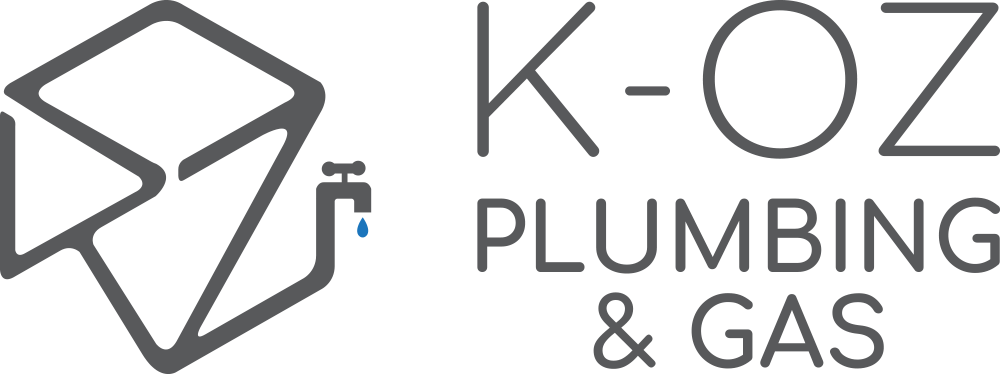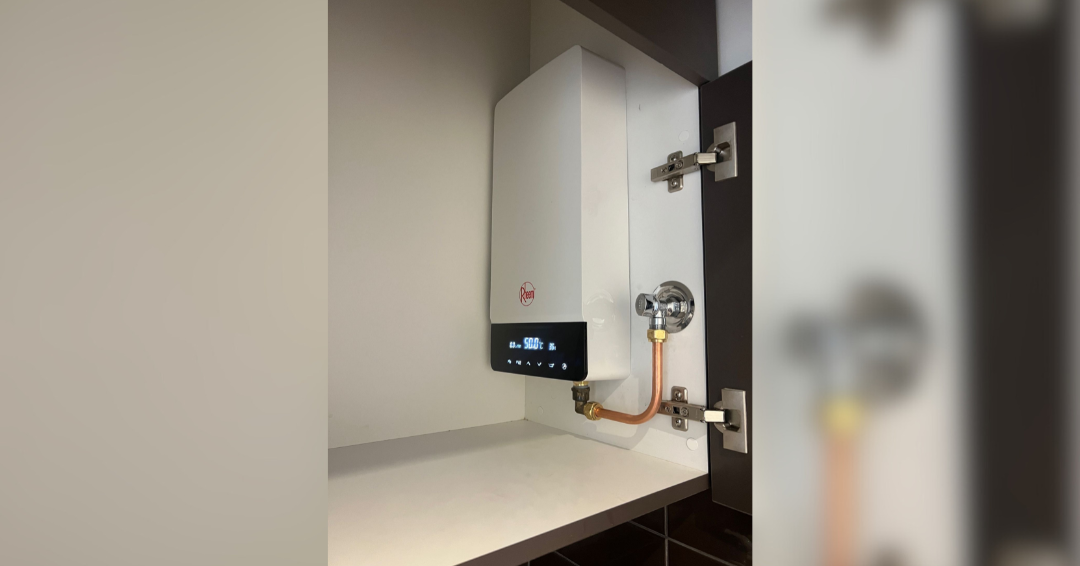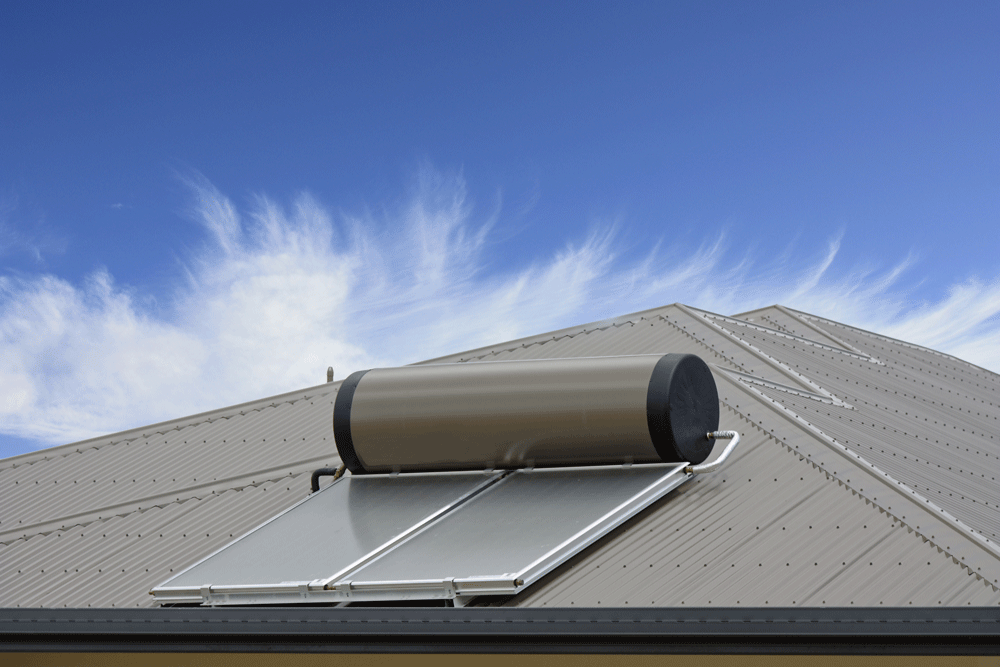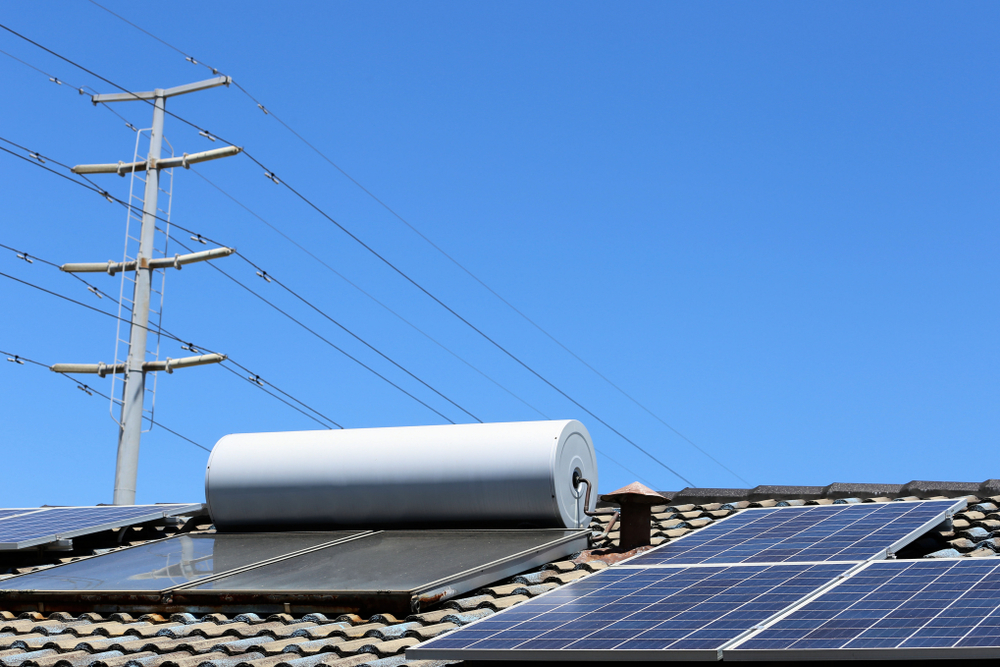Ever wondered which type of continuous hot water system is right for your home?
Hey there, fellow homeowners! If you’re like many of my clients, you’ve probably found yourself pondering a crucial question: which type of continuous hot water system should you go for – gas or electric? Well, fear not! As a plumber with years of experience specialising in continuous hot water systems, I’m here to help you navigate this decision with confidence.
Understanding Your Continuous Needs
Before we dive into the nitty-gritty of gas versus electric, let’s take a moment to understand your unique needs. Think about your household size, your daily continuous hot water system usage patterns, and, of course, your budget. For instance, I once had a client with a large family who opted for a gas system due to its ability to handle multiple showers running simultaneously. On the other hand, a retiree living alone may find an electric system more cost-effective for their lower hot water demands.
When it comes to your household size, consider not just the number of people but also the frequency and duration of hot water usage. Larger families or homes with high hot water demand may benefit from the rapid heating capabilities of gas systems, whereas smaller households might find electric systems more than sufficient for their needs.
Budget is another crucial factor to consider. While gas systems typically have higher upfront costs due to installation requirements, they may offer long-term savings in operational efficiency. Electric systems, on the other hand, often have a lower initial investment but may result in higher utility bills over time.
Gas Hot Water Continuous Systems
Ah, the trusty gas continuous hot water system – a favourite among many homeowners, and for good reason. These units are known for their efficiency and lightning-fast heating capabilities. I remember installing one for a family with teenagers who were constantly vying for the shower in the mornings. The gas system was a game-changer for them, ensuring everyone got their hot water fix without any delays.
When considering a gas system, it’s essential to factor in installation requirements. You’ll need to have proper ventilation in place, as gas units produce combustion gases that need to be safely expelled. Additionally, regular maintenance checks are a must to ensure everything is running smoothly and safely.
One of the significant advantages of gas systems is their ability to provide hot water on demand, without the need for preheating. This makes them ideal for households with fluctuating hot water usage throughout the day. However, it’s essential to note that gas systems may not be suitable for all homes, especially those without access to natural gas lines or adequate ventilation.
Learn more about Gas Continuous Hot Water Systems
Electric Continuous Hot Water Systems
Now, let’s shine the spotlight on electric continuous hot water systems. These units may not heat water as quickly as their gas counterparts, but they offer their own set of perks. One of my clients, a first-time homeowner, opted for an electric system due to its simplicity and ease of installation. Since electric units don’t require venting, they offer more flexibility in terms of placement within your home.
Another advantage of electric systems is their reliability. With fewer moving parts and no combustion involved, they tend to require less maintenance over time. Plus, you won’t have to worry about the pilot light going out on a chilly winter night!
Electric systems are also known for their safety features, making them a popular choice for households with young children or pets. Without the risk of gas leaks or combustion, electric units provide peace of mind for homeowners concerned about safety hazards.
Learn more about Electric Continuous Hot Water Systems
Comparative Analysis
Now, let’s break down the differences between gas and electric systems side by side. When it comes to upfront costs, electric units typically have a lower sticker price compared to gas systems. However, it’s essential to consider long-term operational costs, as gas is often more cost-effective in the grand scheme of things.
In terms of efficiency, gas units have the edge, heating water more quickly and efficiently than electric units. However, electric systems are catching up with advancements in technology, offering improved energy efficiency over time.
Another aspect to consider is environmental impact. Gas systems may produce greenhouse gas emissions during operation, contributing to air pollution and climate change. In contrast, electric systems can be powered by renewable energy sources, reducing their carbon footprint and environmental impact.
Practical Considerations
As you weigh your options, don’t forget to consider practical factors like installation logistics and ongoing maintenance. Reach out to a qualified plumber for personalised advice and recommendations tailored to your specific needs.
Remember, choosing the right continuous hot water system is an investment in your comfort and convenience. Take your time, do your research, and don’t hesitate to ask questions along the way.
Comparative Table: Gas Hot Water vs. Electric Continuous Hot Water Systems
| Aspect | Gas Continuous Hot Water Systems | Electric Continuous Hot Water Systems |
| Upfront Cost | Generally Higher | Generally Lower |
| Operational Cost Efficiency | More Costly per Annum (less than $100 more than electric) | Less Costly per Annum |
| Operational Energy Efficiency | Less Efficient | More Efficient |
| Flow Rate | Greater Flow Rate | Lower Flow Rate |
| Installation Requirements | Ventilation Needed | No Ventilation Needed |
| Maintenance | Regular Checks Required | Less Maintenance Needed |
In Conclusion
And there you have it, folks – a comprehensive guide to help you navigate the choice between gas and electric continuous hot water systems. Whether you’re drawn to the efficiency of gas or the simplicity of electric, rest assured that there’s a perfect fit out there for you.
As always, if you need further assistance or have any questions, feel free to reach out. Until next time, stay warm and keep those showers steamy!
Need Help?
For more information or to ensure you don’t miss out, contact us now. Our team is ready to help you navigate through the application process and make the most of this incredible offer.
Call us at 07 3901 6042 to claim your rebate and enjoy splashy savings on your new hot water system!
Frequently Asked Questions (FAQs)
The size of your hot water system depends on factors such as household size, usage patterns, and the number of fixtures requiring hot water. Our team can help you assess your needs and recommend the appropriate size for your home.
Common signs of hot water system issues include leaks, rust-coloured water, strange noises, and inconsistent water temperature. If you notice any of these signs, it’s best to have your system inspected by a professional plumber to determine if repair or replacement is necessary.
Yes, it is possible to switch between gas and electric hot water systems. However, it may require modifications to your plumbing and electrical systems. Our team can assess your home’s infrastructure and provide guidance on the feasibility of switching between gas and electric systems.







